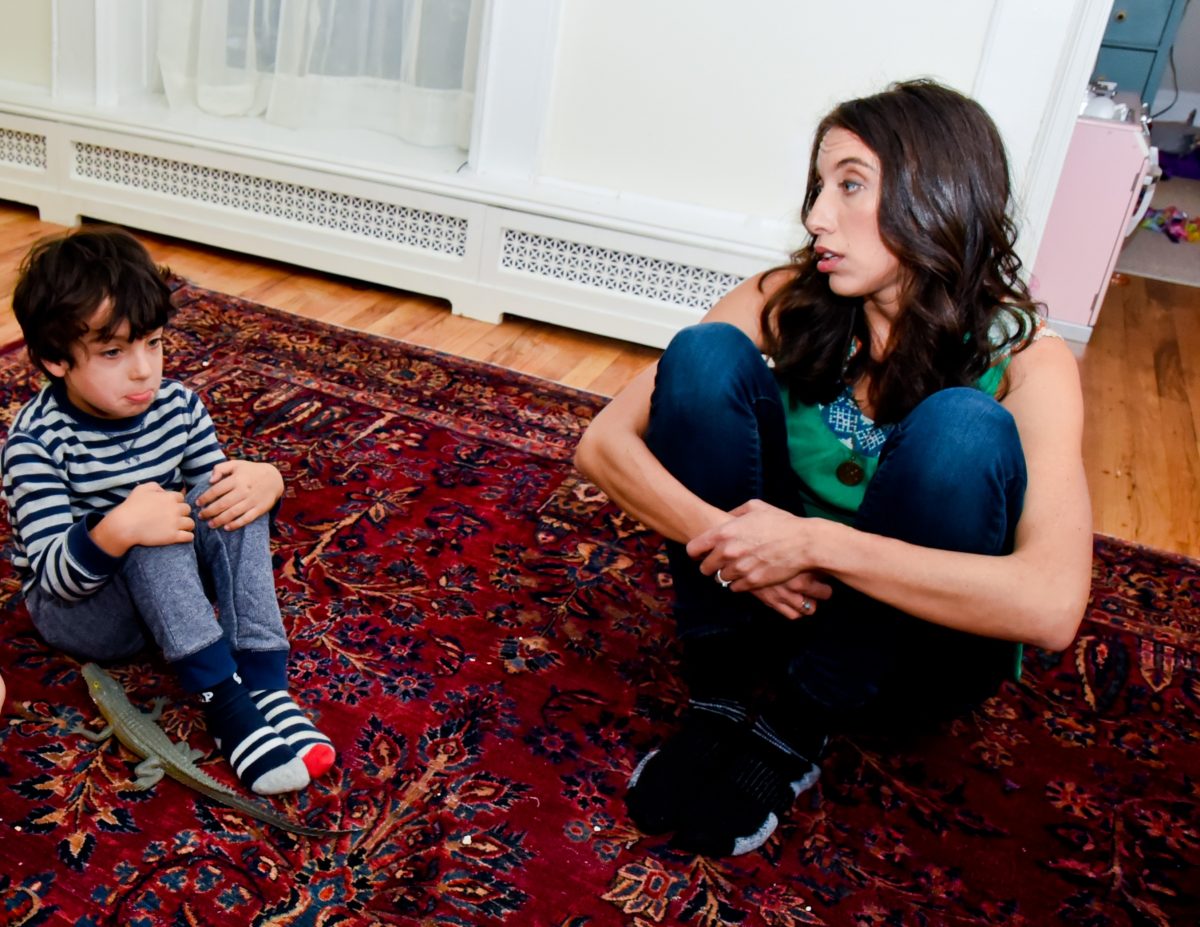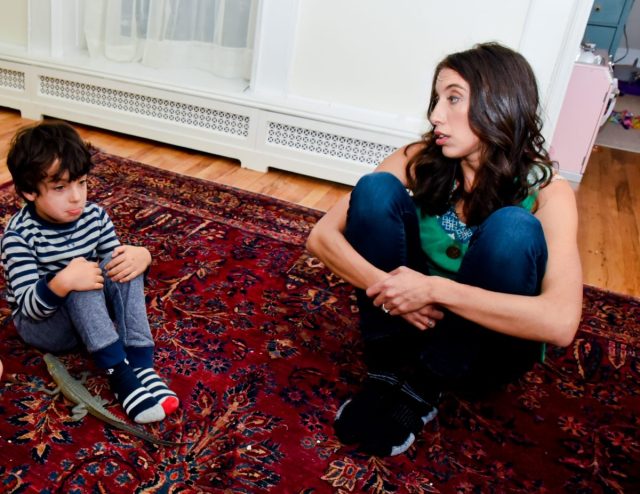
I had a minor epiphany this week. It happened while watching footage from a Magical Creatures camp: Kids were taming an evil griffin, healing dragons with their magical unicorn horns, and having a sneaky-sprite dance party. They were riffing off each other about ways to save the day. Their play was at once primal and epic—even as it happened in little Zoom boxes. They were heroes on a quest and they were lit from within. As I lay on my bed, computer in lap, I wanted to reach through the screen and bottle that energy and drink it myself…They were escaping this time of inertia/chaos through play. And you know what the through-line was? Saving the day.
I suppose it is the Empathy Advantage that Dr. Michele Borba speaks of, and it is something that I’m going to try to use to invigorate my parenting, starting…NOW! You can check out the article I wrote about Empathy Activities over on the blog but here are the highlights:
Why Empathy? Kindness is like a magic elixir. Our brain rewards us when we do kind things, and that means better mental and physical health. Empathy activities are also ones that can take up a good portion of our day and therefore banish the boredom! Finally, through acting on the kindness, you can dig into issues that matter to you and your family in this heightened time of essential activism.
Emotional Literacy and How to Get It
1. Use Literature: Great books are an incredible way to step outside our own experience and have compassion for others. Watch a librarian speak about this and make awesome suggestions for middle-grade level literature. Here are my recommendations for books that help process feelings and support social-emotional learning.
2. Play Emotion I Spy: Helping kids name and identify feelings is a powerful gateway into feeling for others. I got this fabulous game from Dr. Aliza Pressman of Raising Good Humans. The idea is that you simply sit on a park bench and observe people’s emotions like you would in “I Spy” and the guess who you are observing. This will help your child process their own feelings and also strengthens their empathetic muscles.
3. Play Theater Games: Emotion Charades, Emotion Freeze Dance, Emotion Sculpture.
4. Practice Perspective Taking: Play A Day in the Life which is a game where you go deep into a character so much that you imagine the nuances of their day/dreams/family/etc.
Empathy Activities that Connect Us: This is a partial list of activities that can grow our empathy. Thanks to my pal, Lauren Shenkman of Riley’s Way, for the extra inspiration!
- Compose an original song (for a favorite babysitter’s birthday!).
- Write letters to seniors in isolation.
- Research organizations that you want to donate to or start your own local fundraiser, clothing or food drive.
- Make a trailer on iMovie (for your teacher/schoolmates).
- Use Paperless Post to write notes (to friends you miss).
- Find a cause you care about and sign petitions/write letters to politicians.
- Make breakfast (for your parents!).
- Find a few new chores you can do to pitch in around the house.
- Drop off a goody bag and note to a friend’s stoop or front door to show your love. (tip: it’s all about the note!).
